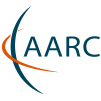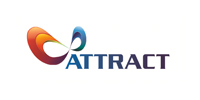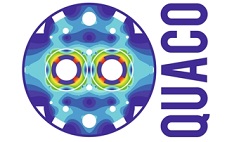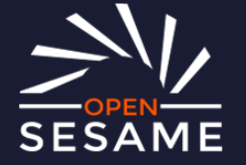AARC
|
AARC: Authentication and Authorisation for Research and Collaboration The goal of AARC is to address technical and functional gaps that prevent the interoperability of existing R&E AAIs. The objectives of the project are to deliver the design of an integrated cross-discipline AAI framework, built on federated access production services (eduGAIN); to increase the uptake of federated access within different research communities; to pilot critical components of the proposed integrated AAI where existing production services do not address user needs; to validate the results of both the JRA and SA by engaging with the research communities.
|
Coordinator: TERENA, Netherlands Scientist in Charge from CERN: Full costs of the project: 2.9 M€ EU funding: 2.9 M€ EU funding for CERN: 192 k€ 1 May 2015 – 30 April 2017 |



